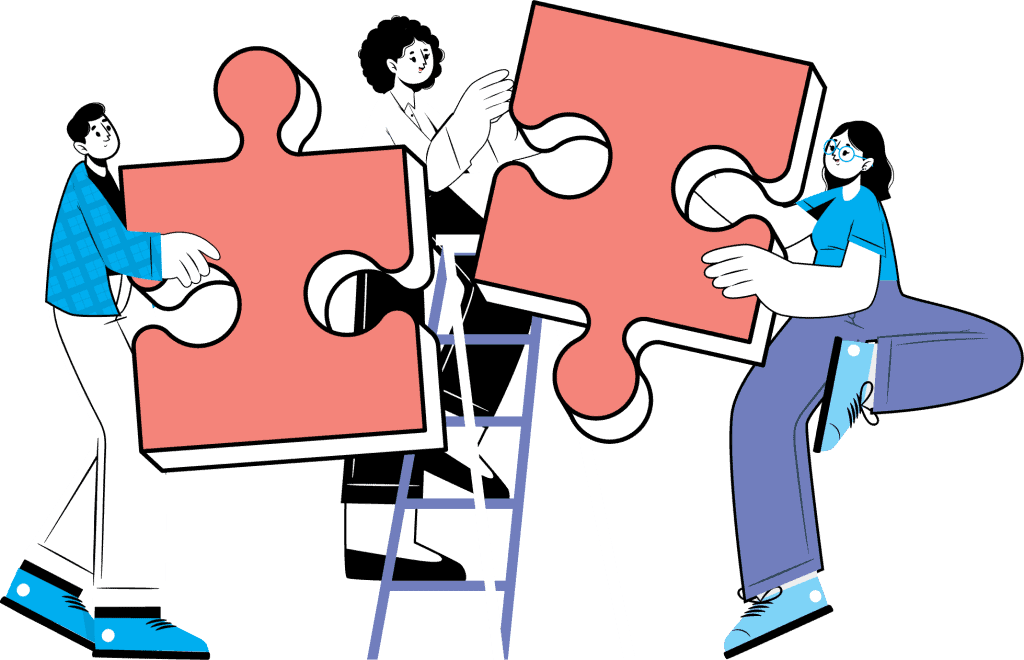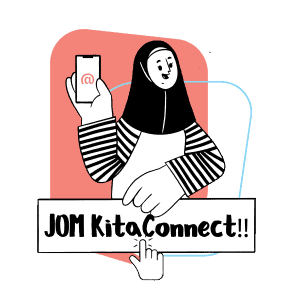
Preventing sexual exploitation & abuse (PSEA)
As you gear up for your next @KitaConnect programme, we want to make sure it's a fantastic experience for each of you. Remember, your well-being matters!
Preventing Sexual Exploitation And Abuse (PSEA) safeguards particiapants of the @KitaConenct programmeto have safe and positive experiences for learning. As such, strict measures are in place to prevent such incidents by the organisers and their affiliates.
UNICEF and Project ID have a zero-tolerance policy to sexual exploitation and abuse.
Throughout all @KitaConnect programmes, we are committed to upholding the rights of all individuals, including our youth participants. Every individual must be treated with respect and dignity. We are committed to upholding these rights and ensuring a safe environment for all participants.
Why does PSEA Matter?
PSEA is very important because it keeps you and rest of the participants safe while ensuring the organisers comply with the the law to establish safe and respectful learning environments.
If, at any point during the programme, you feel like you're being treated unfairly or if someone is making you uncomfortable, let the PSEA point person know. Your safety is our priority and your voice matters
What are some forms of Sexual Exploitation & Abuse (SEA)?
Sexual exploitation and abuse can take many forms, including unwanted advances, assault, and more. Recognizing these behaviours is critical, with prevention efforts including reporting and accessible support services.
These are some common behaviors and actions thay fall under SEA:
1. Verbal Abuse
Examples: Insults, ridicule, or demeaning comments meant to hurt or belittle.
2. Physical Abuse
Examples: Unwanted physical contact or touching without consent.
3. Sexual Harassment or Abuse
Examples: Coercion or pressure for sexual activities without consent.
4. Bullying
Examples: Cyberbullying through online platforms.
5. Discrimination
Examples: Exclusion or marginalization of individuals or groups.
If you encounter Sexual Exploitation and Abuse (SEA), practice these 3 steps
1. Stay Safe: Prioritize your safety in any situation.
2. Trust Your Instincts: If something feels wrong, take it seriously.
3. Report Promptly: Report any suspicions or concerns directly to
- Email: [email protected]
- Kelvin Tan: +60122087510
- Ivanka Fam: +60168949324

Let's look out for each other and make @KitaConnect a memorable and respectful experience for everyone.